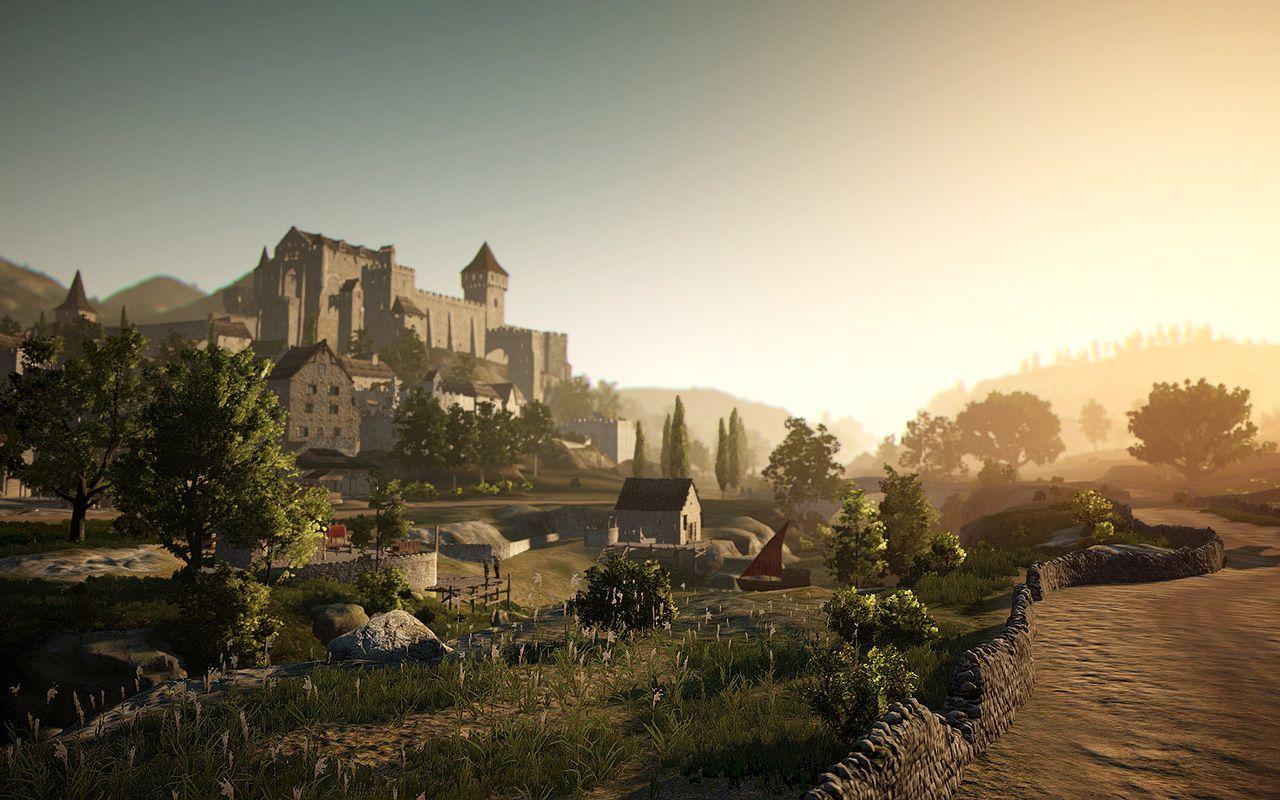Governance: Our Vision
Guild structure is based on a form of government. In this community, we often refer to Sun Tzu when discussing strategy and tactics, but we reference Plato for our governance.
Plato’s Republic depicts that there are essentially three types of governments that exist effectively, each with positive and negative aspects to the leadership and people. These are “rule by many, rule by few, and rule by one”:
“Rule by many”
“Rule by many” is depicted as a government established in a group so large, that all decisions are usually decided on by a vote. Even the newest members would have a say. Unfortunately, we’ve found this fosters a mob mentality, and a breakdown in the discipline needed to implement complex strategies. Worse, it supports over-achievers placing themselves on a different level within the guild, usually forming a clique that can appear to others as a guild within a guild. Those outside the clique often stagnate, and quit, or lose interest in the game.
While we accept the notion that all members have something to bring to the table, allowing them to run the guild as a mob would damage our mission of being a competitive force. Guilds run strictly by popular vote often become springboards into more “hardcore” guilds. Though we realize the need for the input of all members, we are not a purely democratic institution.
- Legacy allows all members to appropriately contribute ideas without fear or reprisal.
- All full members may attempt to climb the ranks to leadership positions, though they are not guaranteed a leadership role.
“Rule by few”
“Rule by few,” or an oligarchy, is a common community structure. A group of officers makes all decisions needed to run the guild, with a rank structure dictating specialized positions. Due to quicker decisions, and less compromising statutes, this idea of governance is far more efficient than simply allowing a mass vote, but also allows for larger (and more costly) mistakes. When used exclusively, this organization is also susceptible to abuse, favoritism, and corruption.
Without the strong voice of all guild members, officers become the “in” group. Often, the needs of the officers or governing council could come before the needs of the community at large. Legacy does not, and will not, tolerate this behavior. Without oversight from a final authority, we’ve found a pure officer-based system to be insufficient.
- Legacy has overarching chapter Officers (Council), that act as our rule by few.
The last theory of government that we apply to our own community is Plato’s “rule by one” philosophy. This is made to include the previous officer or council concept, but revolves around a guild leader or multiple leaders with the final say.
”Rule by one”
Rule by one, can be used as an oversight tool for officers, who then are accountable to members. This results in a successful, dominant guild. With properly motivated leaders, officers, and members, a guild can flourish, and provide an environment where all are a part of the guild leadership process.
- Legacy Community governing rule divided up between fewer leaders
Members should be aware of our overarching form of governance within Legacy.
Read Other Articles on the Legacy Guild Charter

Military and Absence Policy
Military and Absence Policy Legacy has been around a long time and has practically seen it all when it comes to why someone cannot show

SOP: Communication Basics
SOP: PvP and Comms Brevity Understanding what terms means during PvP calls is important to any guild member, and even to our allies and friends

SOP: LRC Levels
LRC (Legacy Readiness Conditon) Levels LRC stands for “Legacy Readiness Condition” which is largely inspired from the US Military’s “DEFCON” system (Defense Readiness Condition). It

Hardcore vs Casual in Legacy
Our defined differences between Casual, Semi-HC and Hardcore The following section reflects more details and specifications regarding the organization in Legacy in regards to tiers:

Legacy PvP Expectations
Legacy PvP Expectations Legacy is a competitive PvP community. All members must accept and understand that PvP combat is the main focus for the majority

Legacy PvE Expectations
Legacy PvE Expectations The following rules apply regardless if the raid is specific to A-Team or B-Team level raids. These two levels of raiding are

Governance: Our Vision
Governance: Our Vision Guild structure is based on a form of government. In this community, we often refer to Sun Tzu when discussing strategy and

Common Sense Principles
Be Helpful You may have heard it before, “We were all newbies once.” This always holds true. Members come from many types of games. Some

Legacy Member Rights
Legacy Member Rights The following are the rights (and discussion of those rights) ensured for all Legacy members as enforced by the community. 1. The

Tell us about your thoughtsWrite message